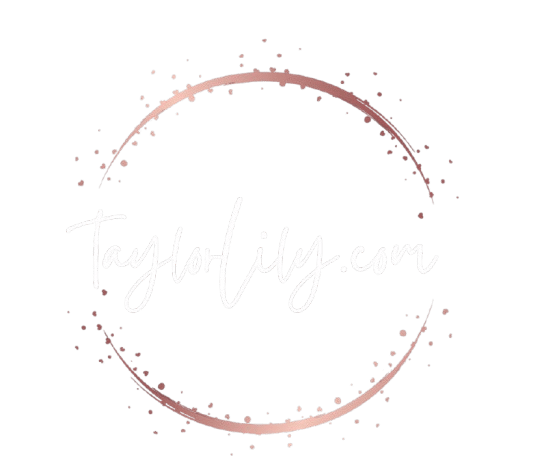- Unified data management A data fabric provides a single platform for managing multiple data sources, eliminating data silos and inconsistencies.
- Scalability Data fabrics are designed to handle large volumes of data and scale as needed, making them ideal for organizations with rapidly growing data needs.
- Real-time data integration Data fabrics enable real-time integration of data from multiple sources, allowing for faster decision-making and improved business outcomes.
- Data governance Data fabrics provide a framework for data governance, ensuring that data is accurate, secure, and compliant with regulatory requirements.
- Improved data analytics With a data fabric, organizations can gain deeper insights into their data, identify trends and patterns, and make data-driven decisions.
For example, let’s say you’re a social media influencer who wants to track your followers’ engagement across multiple platforms. A data fabric would allow you to integrate data from Instagram, Twitter, and Facebook, providing a unified view of your followers’ behavior and preferences. This would enable you to create targeted content and campaigns that resonate with your audience.
As a blogger, I’m passionate about sharing valuable content with my audience. Writing these blogs takes time, and it helps keep things running while sharing value with you! If you found this post helpful, I’d really appreciate it if you could do me a solid and support our blog with a coffee from GoFundMe (https://gofund.me/f40c797c). Your gift can be the catalys
Data Fabric
As I was scrolling through my search engine history, I noticed that I had searched for the term data fabric multiple times. At first, I thought it was just a weird phrase, but as I delved deeper into the topic, I realized that it’s actually a crucial concept in the world of data management. So, what is data fabric, and why would someone like me, a 23-year-old blogger, care about it
Data fabric refers to a unified, centralized, and scalable data management platform that integrates multiple data sources, systems, and applications. It’s like a fabric that weaves together different threads of data to create a cohesive and comprehensive picture. Think of it like a social media influencer’s Instagram feed, where they curate a selection of posts from various sources to create a cohesive brand image. Similarly, a data fabric brings together disparate data sources to create a single, unified view of the data.
Here are some key benefits of a data fabric







